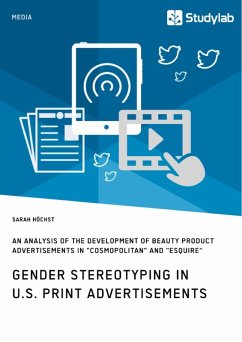Seminar paper from the year 2004 in the subject English Language and Literature Studies - Linguistics, grade: 1,0, University of Frankfurt (Main) (Institut für England- und Amerikastudien), course: Verbal and pictorial metaphor in political and advertising discourse, language: English, abstract: The wordmetaphorhas its origin in the Greek wordmetaphorá,a noun meaning "a transfer, especially in meaning, from one word to another". It comes ultimately from the verbmetaphérein"transfer, carry over", composed ofmeta-"over, across" andphérein"carry, bear". (cf. The Cambridge Encyclopaedia 1990¿metaphor). Throughout the centuries theorists have tried to define general rules for this transfer in meaning and have generally considered possible underlying mechanisms of this fascinating phenomenon. The early theories, dating back in history as far as Aristotle's times, see metaphor as a figure of speech and therefore alanguagephenomenon. This view remained dominant until the middle of the 20thcentury, when cognitive linguists proposed that the locus of metaphor is not language, butthought,and therefore developed a whole new approach to metaphor. In the last decades some authors have also extended these findings from verbal metaphor to the realm of pictorial metaphor. In the first part of this paper I will give an overview of the development of these theories. I will put special emphasis on the contemporary theories of metaphor and especially those which deal with instances of so-called creative metaphor. I have selected those approaches which are most relevant for my analysis of a selection of press advertisements, involving pictorial and verbal-pictorial metaphor, which follows in the second part of this paper.
Dieser Download kann aus rechtlichen Gründen nur mit Rechnungsadresse in A, B, BG, CY, CZ, D, DK, EW, E, FIN, F, GR, HR, H, IRL, I, LT, L, LR, M, NL, PL, P, R, S, SLO, SK ausgeliefert werden.









